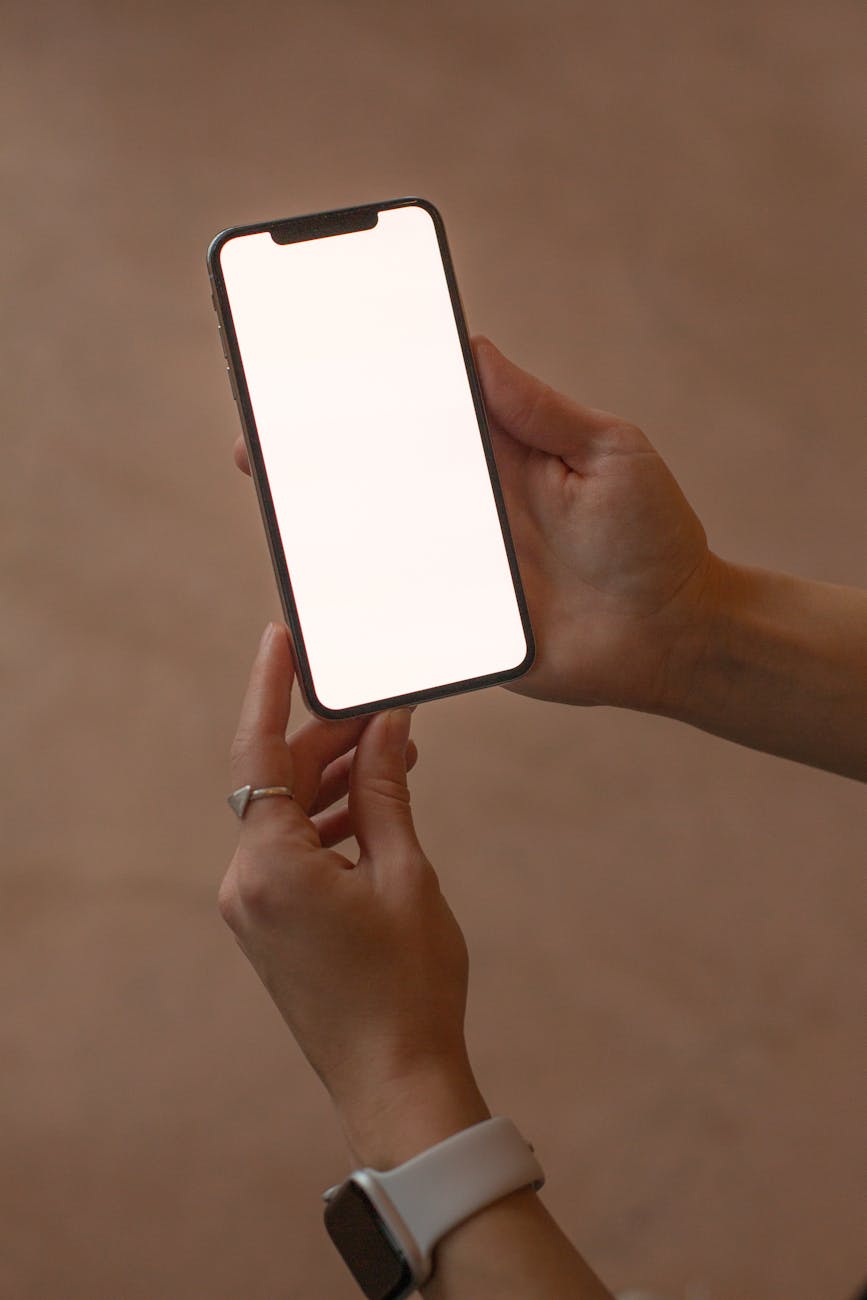The Rise of Wearable Technology in Healthcare

The Impact of Wearable Technology on Healthcare
In recent years, wearable technology has made significant strides in various industries, with healthcare being one of the most prominent areas of growth. The integration of wearable devices in healthcare has revolutionized the way patients are monitored, diagnosed, and treated.
Monitoring Vital Signs
Wearable devices have the capability to track vital signs such as heart rate, blood pressure, temperature, and oxygen levels in real-time. This continuous monitoring provides healthcare professionals with valuable data for early detection of health issues and better management of chronic conditions.
Remote Patient Care
Patients can now receive medical care from the comfort of their homes through telemedicine platforms that utilize wearable technology. This has improved access to healthcare services for individuals in remote areas or those with mobility limitations.
Enhanced Treatment Plans
Healthcare providers can personalize treatment plans based on the data collected from wearable devices. This personalized approach leads to better outcomes, as interventions are tailored to meet the specific needs of each patient.
Challenges and Future Outlook
Despite the benefits of wearable technology in healthcare, challenges such as data security and privacy concerns need to be addressed. As technology continues to evolve, the future of healthcare is likely to be shaped by the widespread adoption of wearable devices.





